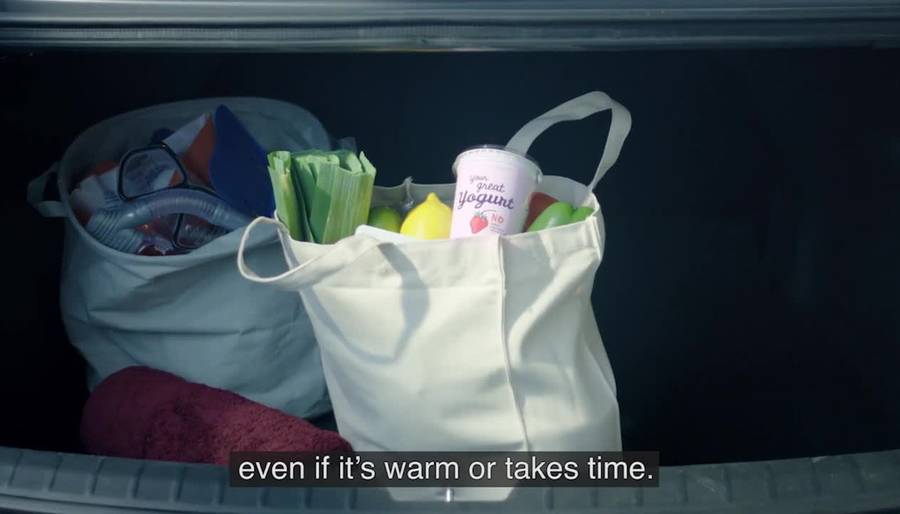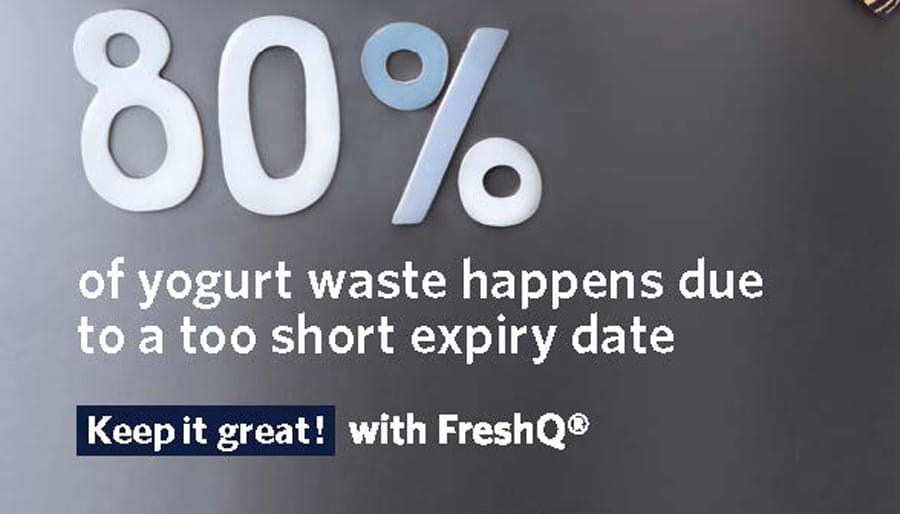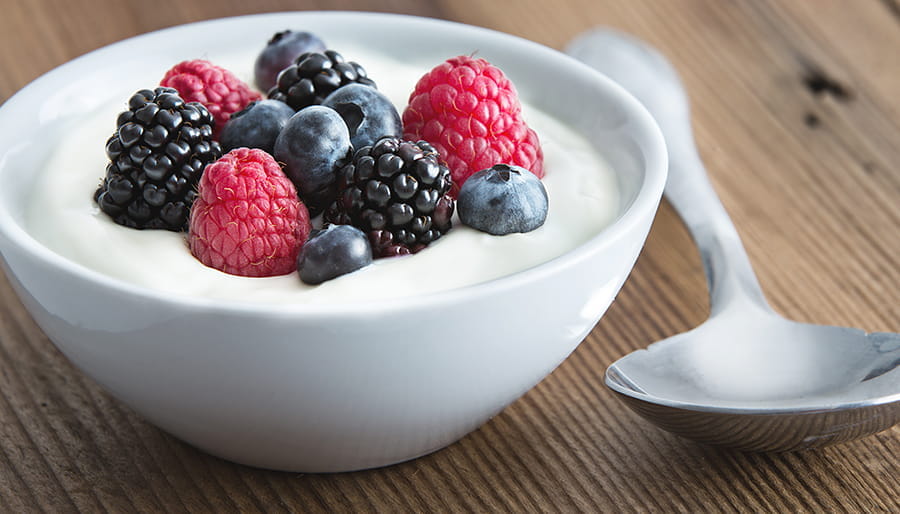August 11, 2015
Food waste and losses: a global priority
According to the Food and Agriculture Organization (FAO), one in every four calories intended for human consumption is ultimately not consumed by humans. In a time of food shortages, with more than 800 million people suffering from hunger, the topic of food waste has become a prioritized issue for global policy makers, food manufacturers and civil society alike. In addition to the negative social and economic impacts for society, wasted food also inflicts a host of related environmental impacts, including unnecessary greenhouse gas emissions and inefficient uses of scarce resources such as water and land.
Keeping dairy fresh
The dairy sector alone has an estimated loss of about 20 % at different stages of the value chain. In Europe, 29 million tons of dairy products go to waste every year, according to FAO. One of the main challenges in keeping dairy products fresh is contamination by yeast and mold, which are naturally present everywhere and quickly leads to spoilage – especially if there are disruptions in the cold chain from production to the consumer’s table.
To help address this challenge, we invests in extensive research programs aimed at identifying new strains of natural food cultures to keep dairy products fresh and to fight spoilage. The result is a solution called FRESHQ®, which enables dairy companies to extend the shelf-life of their products and reduce the risk of spoilage by inhibiting yeast and mold growth.
Benefits at all stages of the value chain
The application of FRESHQ® in dairy products such as yogurt and cheese offers a number of benefits at different steps of the dairy value chain, ranging from reduced spoilage during production and transportation to extensions of shelf life enabling more flexibility for dairy companies and reducing scrap and returns for retailers. With extended shelf life, fewer products risk expiring while still on the supermarket shelf.
“Many of our customers have a strong focus on reducing waste, both for economic but also for environmental reasons. With FRESHQ®, we have found a way to help our customers reduce the risk of spoilage and product recalls, enabling an extension of shelf life and delivering a fresher, higher-quality product to consumers. And they can do so without making use of artificial ingredients,” explains Peter Thoeysen, Global Marketing Manager, Chr. Hansen.
FRESHQ® has already gained ground in the global dairy market, and our expertise in bioprotective cultures is also being extended to fermented meat such as salami.




